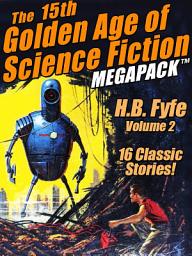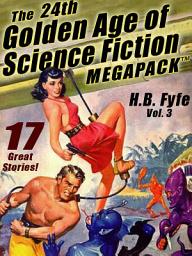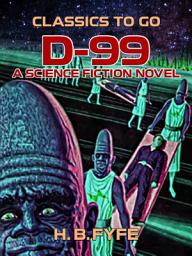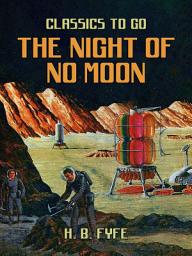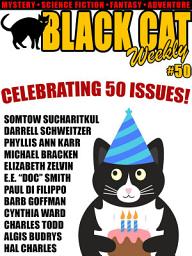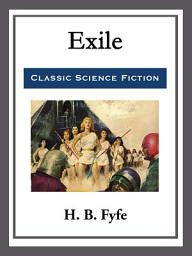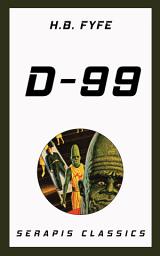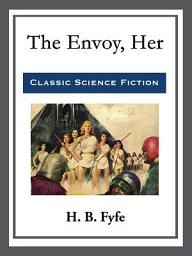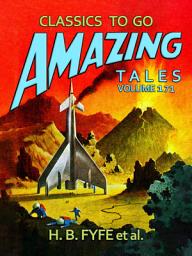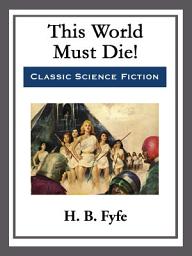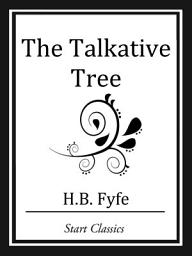H. B. Fyfe
H. B. Fyfe, born Horace Browne Fyfe on September 26, 1918, in Jersey City, New Jersey, was a prolific American science fiction writer whose works left an indelible mark on the genre during the mid-20th century. Fyfe's career began in the 1940s, a golden age for science fiction, and he quickly became known for his meticulous attention to scientific detail and imaginative storytelling. Fyfe's stories often explored themes of isolation, the ethics of technological advancement, and the complexities of human and alien interactions. His ability to weave intricate plots with thought-provoking philosophical questions garnered him a dedicated readership. Fyfe's writing was not without controversy; his unflinching portrayal of humanity's darker impulses and the potential perils of unchecked technological progress sparked debates among his contemporaries and readers alike. Despite not achieving the same level of fame as some of his peers, Fyfe's influence on contemporary writers is undeniable. His works inspired a generation of authors to consider the moral and ethical dimensions of science fiction, paving the way for more nuanced and sophisticated narratives in the genre. Fyfe was also a champion of the idea that science fiction could serve as a mirror to society, reflecting its triumphs and failures. Fyfe's legacy endures through his contributions to various science fiction magazines and anthologies, where his innovative ideas and compelling storytelling continue to captivate and challenge readers. His work remains a testament to the power of speculative fiction to explore the human condition and the boundless possibilities of the future.
Ebooks

